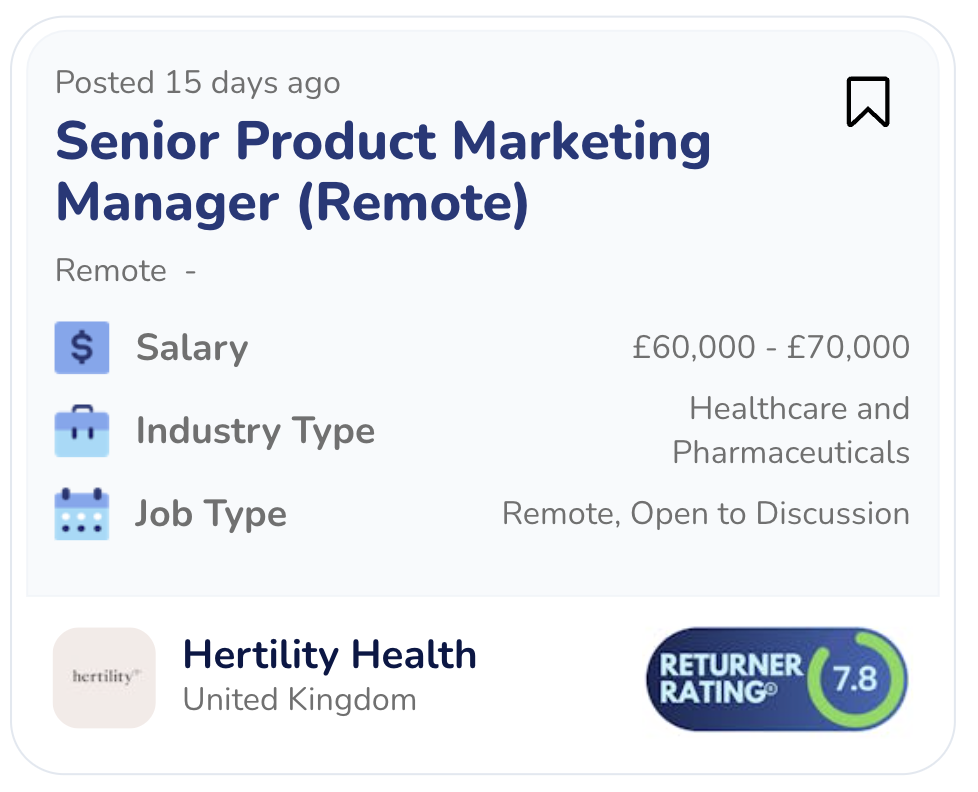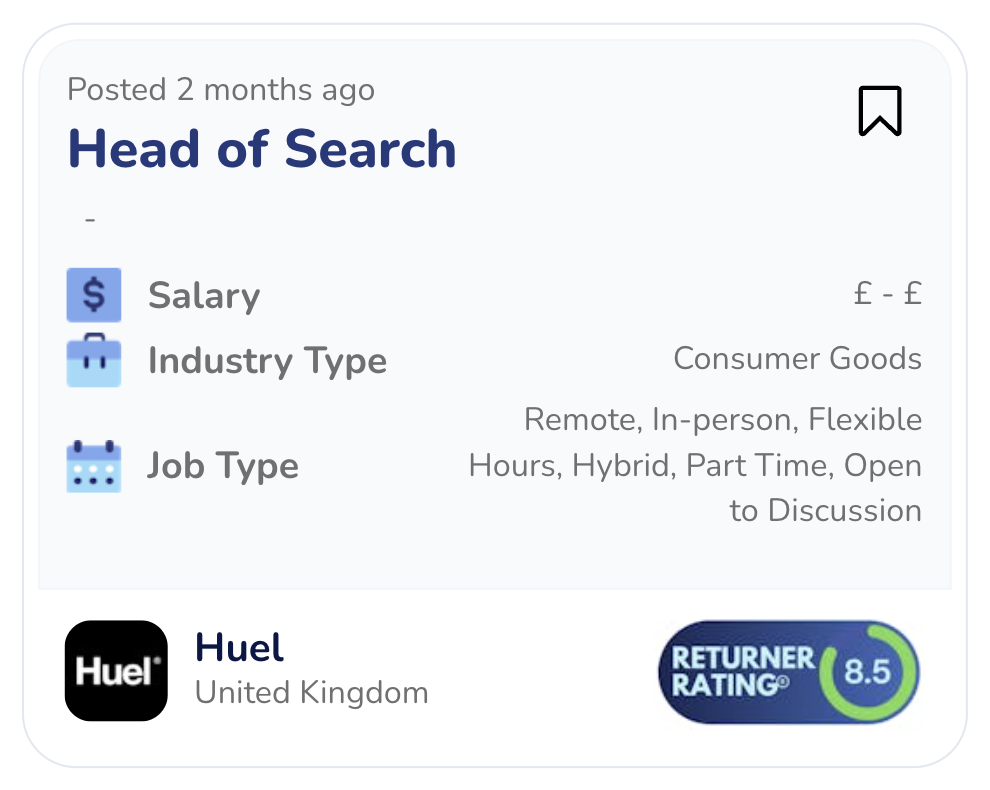Taking a career break is a decision many professionals make for personal growth, caregiving, education, or simply to reset. While a gap in your resume might initially raise questions from interviewers, it’s also an opportunity to showcase resilience, adaptability, and the unique skills you’ve gained during this time. Here’s a detailed guide on how to confidently and effectively discuss your career break in an interview.
Jump to:
- Understanding the employer’s perspective
- Preparing a clear, positive explanation
- Emphasising skills and experiences gained during the break
- Tailoring your answer to the job description
- Showing enthusiasm for rejoining the workforce
- Addressing common interview questions about gaps
- Updating your CV to reflect the break positively
- Building confidence before the interview
- Using career returner programmes and resources
- How to address long gaps thoughtfully
- How to turn your career gap into a strength
Understanding the employer's perspective
Employers ask about career gaps to gauge:
Your reasons for the break.
Whether your skills remain relevant
Your readiness to rejoin the workforce
Pro tip: Frame your break as a deliberate choice that brought value to your personal and professional development. This shifts the narrative from explaining an absence to highlighting growth.
Preparing a clear, positive explanation
The foundation of a good answer is preparation.
Why it matters: a polished response shows confidence and self awareness.
Avoid being overly defensive or apologetic. Instead, focus on how you’ve stayed proactive and prepared for your return.
How to Frame It:
- Be honest but focus on the positives.
- Example:“I took time off to care for a family member, which helped me strengthen my organisational and problem-solving skills.”
- “I pursued further education to refine my technical abilities and am excited to apply them in this role.”
Emphasising skills and experiences gained during the break
Your career break is a chapter in your professional journey, not a detour. Here’s how to leverage it:
- Professional growth activities:
- Discuss any courses, certifications, or workshops completed during the break. For example:
- “I earned a Google Analytics certification during my time off, which aligns closely with the role’s focus on data-driven marketing.”
- Mention freelance projects or part-time work, even if unrelated to your primary field.
- Discuss any courses, certifications, or workshops completed during the break. For example:
- Transferable skills:
- Highlight non-work experiences that demonstrate soft skills, such as time management, leadership, or resilience. For example:
- “Coordinating my child’s education during the pandemic taught me adaptability and enhanced my ability to manage complex schedules.”
- Highlight non-work experiences that demonstrate soft skills, such as time management, leadership, or resilience. For example:

Tailoring your answer to the job description
Why it matters: employers want to see that your experiences, even during a gap, align with their needs.
How to do it:
- Study the job description and identify the top skills or experiences required.
- Match these with what you’ve done during your break.
- Example: For a project management role, mention, “During my break, I managed a home renovation project, overseeing budgets, deadlines, and contractor coordination—experiences that parallel key aspects of this position.”
Showing enthusiasm for rejoining the workforce
Reassure the interviewer that you’re ready to commit fully to this next chapter.
- How to convey excitement:
- Express your eagerness to apply both your previous work experience and the fresh perspective gained during the break.
- Example: “This time off gave me the chance to reflect on my career path, and I’m more focused and motivated than ever to contribute meaningfully to a dynamic team like yours.”
Addressing common interview questions about gaps
Prepare concise and confident answers to potential questions:
“Why did you choose to take a career break?”
“I chose to step away temporarily to focus on personal development and skill-building, and I’m now excited to reapply my expertise to my career.”
“What did you do during your time off?”
“I completed several online courses, stayed updated on industry trends, and worked on projects that kept my skills sharp.”
“How will you adjust to returning to work?”
“I’ve remained professionally engaged through networking and upskilling, and I’m confident in my ability to quickly integrate and contribute.”
Updating your CV to reflect the break positively
Your CV is often the first step to addressing career gaps:
Example interview questions:

Building confidence before the interview

- Why it Matters: A confident demeanor reassures employers of your readiness.
- How to Prepare:
- Practice mock interviews with trusted peers or a career coach.
- Research the company and role thoroughly to show you’re proactive.
- Reconnect with former colleagues to get a pulse on current industry trends.
Using career returner programmes and resources
Many organisations now recognise the value of career returners and offer tailored programs to support their transition.
Returnships:
- Temporary roles or programmes designed to ease professionals back into the workforce.
Career coaching:
- Seek out guidance to refine your narrative and strengthen your interview skills.
How to address long gaps thoughtfully
If your break extended beyond a few years:
Emphasise:
- Emphasise continuous learning or long-term projects during the gap.
Reinforce:
- Reinforce your commitment to professional growth and highlight proactive steps taken to re-enter your field.
Example:
- Example: “Although my career break was extended, I’ve stayed connected through industry webinars and have recently completed a refresher course in [relevant skill].”
Final thoughts: How to turn your career gap into a strength
Discussing a career break in an interview is your chance to shape the narrative. By preparing thoughtful, honest responses and focusing on your growth, you can turn potential challenges into opportunities to impress.
Key takeaways:
Remember, a career break doesn’t define your abilities—it complements your journey. With the right preparation, you can confidently address career gaps and land your next opportunity!
Join the ivee community!
Join our Facebook group. Whether you’re looking to reconnect with like-minded returners, seek advice on returning to work after maternity leave, or share your experiences, our Facebook community is here to help you navigate your journey back into the workforce.
You’ll find:
👉 Latest regulatory changes regarding maternity leave
👉 CV templates for women returning to work
👉 Latest industry updates
👉 Resources and guides to help you on your job hunt
👉 Confidence-building events, webinars and advice on all aspects of returning to work
Our Facebook community
Ready to return to work?
Create an ivee profile and start upskilling and browsing flexible jobs today!
Create profile!Featured Blog Posts










